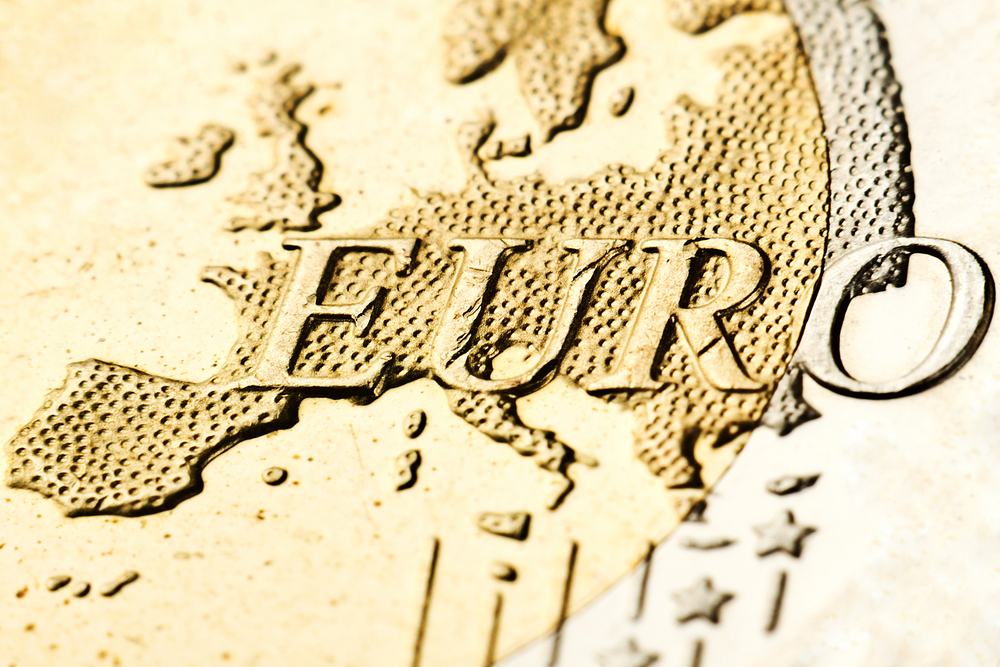The potential long term impact of Brexit on Ireland will be severe, according to a report published by the Economic Social Research Institute (ESRI) this week.
This will particularly be the case, where Irish agriculture and food are concerned, it found.
The report, which models the medium to long term potential macroeconomic impact of Brexit on Ireland, assesses three potential economic scenarios that might unfold up to 10 years after the UK formally leaves the European Union.
The scenarios investigated are intended to cover a range of potential agreements between the UK and the EU. However, in all cases, it is projected that the level of Irish output is permanently below what it otherwise would have been in the absence of Brexit.
Edgar Morgenroth from the ESRI said that Brexit is bad news for the Irish economy, irrespective of the final arrangements that are arrived at between the UK and Europe.
So what we are looking is degrees of badness. And some of the possible scenarios are, potentially, very bad news for farming and food.
“For example, if the UK’s default position is to settle for a World Trade Organisation tariff structure, then Irish beef would be subject to a 50% levy on entry into the UK.
“This works out at €500 for every €1,000 of product traded. So the question is: will Irish beef imports to the UK be price competitive if these trading arrangements are put in place?”
Morgenroth confirmed that milk and dairy products will be subject to a 30% levy under similar circumstances.
“Of course this brings up the issue of the cross-border transportation of milk, which is so prevalent today.
“Each of these movements would be eligible for the 30% levy. Adding to the concerns for agri-food is the fact that the UK could opt to agree tariff free trade deals with individual countries outside of the EU.”
In those cases where agri food commodities are concerned, this would further disadvantage Irish companies trading within this sector.
“Obviously, these are worst case scenarios. However, there is little doubt that agri-food and the rural economy of Ireland will be most exposed to the down side of the UK leaving the European Union.
